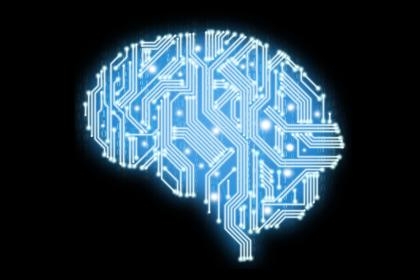Google's DeepMind Acquisition - Impact on E-Commerce
In 2012 Google famously hired futurist Ray Kurzweil as Director of Engineering. His bold statement on singularity claims that in just 30 years we will be able to ‘upload’ our entire minds to computers and become ‘digitally immortal’.
It is not a surprise then that Google has been splashing out on Artificial Intelligence (AI) recently. After spending a reported $400 million on DeepMind – a UK-based AI business – plus a whopping $3.2 billion on the acquisition of Nest Technologies, the search engine giant is on the fast track to becoming a leader in AI - machine technology applied to devise ‘intelligent’ algorithms to facilitate learning.

Although AI may sound troubling, it already plays a part in our everyday lives; Google’s core-search, autonomous cars and mobile services all benefit from its use.
Google has many applications that could benefit from deep learning, including video recognition, improved search results and better security against unusual activity.
It will help improve social (Google+ already applies deep learning technologies to provide more social and mobile offers) and of course e-commerce, where AI can allow more precise and targeted ads enhancing Google’s ability to sell music, books, movies and other apps through their android and other devices. Perhaps help improve Google’s less successful Google Shopping.
The purchase of DeepMind is to further Google’s “deep learning” – teaching its systems bottom-up AI (Apple’s Siri and Facebook’s face recognition were both developed this way).
AI refers to technology performing intelligent tasks at a level similar to its human counterpart and comes in two forms: top-down or bottom-up. Top-down AI works by programming hundreds, millions or billions of rules into a system and allowing the machine to respond accordingly. The downfall of top-down AI is that a machine is unable to deal with situations outside the programmed rules. This is where bottom-up AI comes into play. A number of simple behaviours are programmed and the machine is “rewarded” when it responds with a relevant action.
Although Pei Wang, an AI researcher at Temple University, has stated that Google’s acquisition of DeepMind will not produce “thinking machines” as depicted by sci-fi literature and film, it will draw more attention to the field of AI. One issue faced by Google is that of scale – the neural network of a human brain contains millions of neurons. Even the combination of Google and DeepMind does not have the computing technology to create a machine capable of replicating human-level intelligence.
